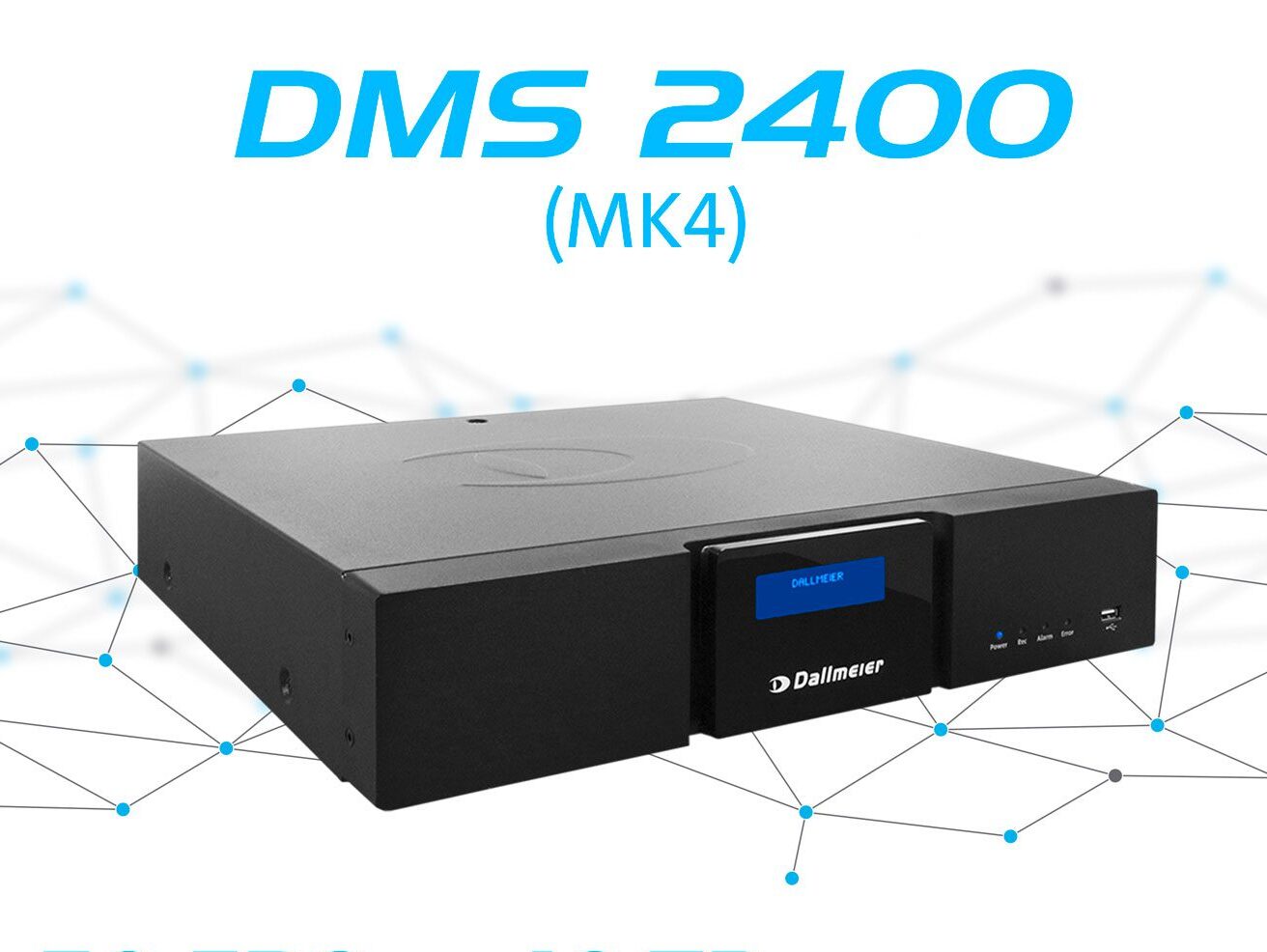
Wireless HDcctv offers the opportunity for high-quality, high definition (HD) video to be delivered without any delays or compression problems.
Todd Rockoff, executive director of the HDcctv Alliance, the organisation that manages the HDcctv standard, told SecurityNewsDesk about the future of the standard and the future possibilities for wireless HDcctv.
The notion of wireless HDcctv is to provide benefits of uncompressed and undelayed video transmission for applications where it is not convenient to run a signal cable.

Rockoff explained that, from an installer’s point of view, wireless HDcctv should work “as much as possible” like cabled HDcctv. There is currently a variety of proprietary wireless transport solutions for HDTV being deployed in the broadcast market, and the Alliance will ensure it deliberates all possible solutions for wireless HDcctv.
“Everyone doing wireless ‘HD’ surveillance is using orders-of-magnitude compression and Wi-Fi transmission. However, many broadcast companies are selling products that include wireless HDTV interfaces,” said Rockoff.
“Just as there was no doubt in 2009 that we could successfully adapt the broadcast solution, HD-SDI, for use in surveillance, there is no doubt that we will be able to adapt these wireless broadcast solutions to the needs of surveillance.”
IP video currently boasts a 100 per cent market share in wireless surveillance, as all remote access uses IP networks. But the conversion of TV signals to Ethernet packets inside the camera has a host of disadvantages, which includes key areas such as delays in transmission and degraded image quality caused by the compression process.
Wireless HDcctv offers the opportunity for HD video to be delivered from the camera without such flaws, according to Rockoff.
“The advantages of HDcctv cameras are by now well understood: They cost-effectively deliver best-quality HD video to DVRs, monitors, matrices, IP encoders, and other local-site equipment.
“Wireless HDcctv will mean that even applications that do not provide a signal cable to the camera mount will be able to enjoy the benefits of uncompressed, undelayed HD video from the camera.”




















